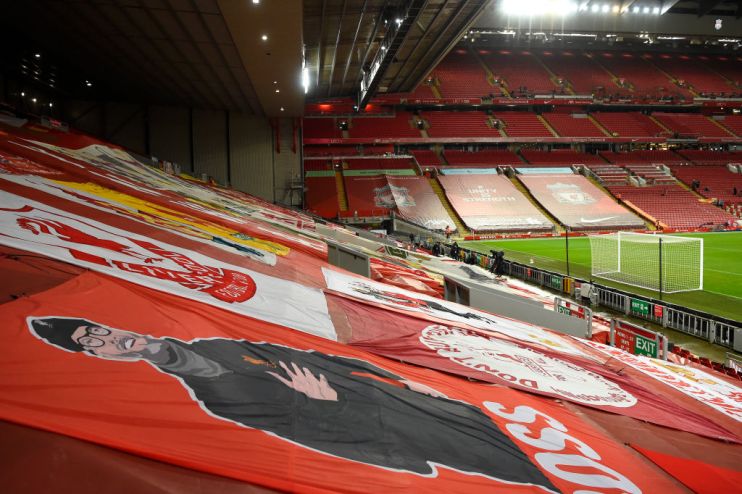The worst thing about the Super League? It makes perfect sense

For any football fan supporting anybody other than Arsenal or Manchester United during the 1990s, the last few years have offered some enjoyable schadenfreude.
United lost their way after legendary manager Sir Alex Ferguson left the club. Arsenal turned into a soap opera, a club which appeared at times to be run by three lads with an iPhone who called themselves Arsenal Fan TV.
But if you were the owners of said clubs, you were in a very different boat.
United’s failure to make the Champions League in 2019, finishing fifth in the Premiership, cost them around £75m in TV rights cash alone, let alone marketing opportunities. To fans of other clubs, seeing Daley Blind and Phil Jones at the heart of the club’s defence was hilarious. To owners, catastrophic.
The value of those investments in clubs like United and Arsenal, investments that are invariably debt-laden, are in the return of playing at the very top table.
But not, as they might have been twenty years ago, because it gets fans on seats. The game’s played on screens, now, and fans glorified extras. This year we didn’t even have those – and clubs got by with piped-in crowd noise.
Twitter is alight with indignant fans today who apparently didn’t notice that the last fifteen years have seen the highest tiers of European football become a Wild West of leveraged debt, out of control salaries, TV rights bonanzas, questionable owners and barely even lip service to the idea of football as a community undertaking.
If you thought football was ‘fine,’ you weren’t paying attention. And I don’t just say that as a Wimbledon fan, who saw his team moved 70 miles up the road in order to provide a suitably grand setting for an Asda development in Milton Keynes.
And odds are you won’t have noticed where the money is. The clubs forming the Super League, and their financial backers at JP Morgan, very much have – what a leaked document describes as the “fans of the future”.
That means kids in Korea watching pre-roll ads of Kevin de Bruyne’s latest wizardry are just as valuable as the 30-year season ticket holder. Liverpool don’t care if their fans – well, perhaps consumers is a better word – live in Toxteth or Tianjin. You thought the international summer tours, which are by no means purely the reserve of the biggest clubs, were just a chance to spread the gospel of the beautiful game?
And they shouldn’t, really, if football is purely a business. A closed shop removes the downside risk – you’ll always be at the top table, with weekly games against the best in the world. The upside risk is one year you win it, unless perhaps you’re Spurs, looking around and wondering why you were invited. Sorry, Spurs, but it’s true.
Read more: Boris Johnson vows to block European Super League for English clubs
And it’s also true that, ironically, a closed shop at the top of the game might well give you the chance to create a more sustainable wage structure. If you’re not having to fight off competition for your spot in the money-making VIP room, suddenly you start to wonder if you really need to pay your second-best left back 80 grand a week.
Global sponsors will all pile in. For the first time, you’ll have all the benefits of modern sport – marketable sports stars, etc etc – without all the potential risk as a sponsor of not seeing your ads where you thought you would. Why would you bother with the gamble of Leicester nicking your investment’s spot in the Champions League? And even if fans tire of watching the entire game, a clip on twitter is just as valuable in a world of bitesize consumption.
As for those who think that brands will steer clear because Gary Neville had a go at you on twitter? Well, the Qatari state bribed its way to hosting a World Cup then imported migrant workers on slave wages – many of whom then had the temerity to expire – to build its stadiums. Sponsors of the 2022 World Cup include Adidas, Coca Cola, VISA, McDonald’s and Bud.
Hell, Saudi’s Mohammad bin Salman’s regime chopped a journalist up in an embassy in Istanbul, and the House of Saud is now set to host the Joshua-Fury fight.
So, yes, the whole concept of a European Super League is abhorrent, a tear in the fabric of football, and will have untold consequences for the pyramid below those top tiers. It feels wrong, cynical, greedy, and the prospect of it leaves me cold.
But the worst thing about the Super League? It makes sense. The clubs know it, and so do JP Morgan. The question is only whether football really is ‘different’.
Read more: Juventus shares up nine per cent on European Super League announcement